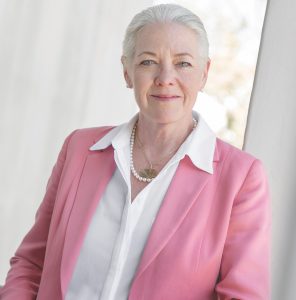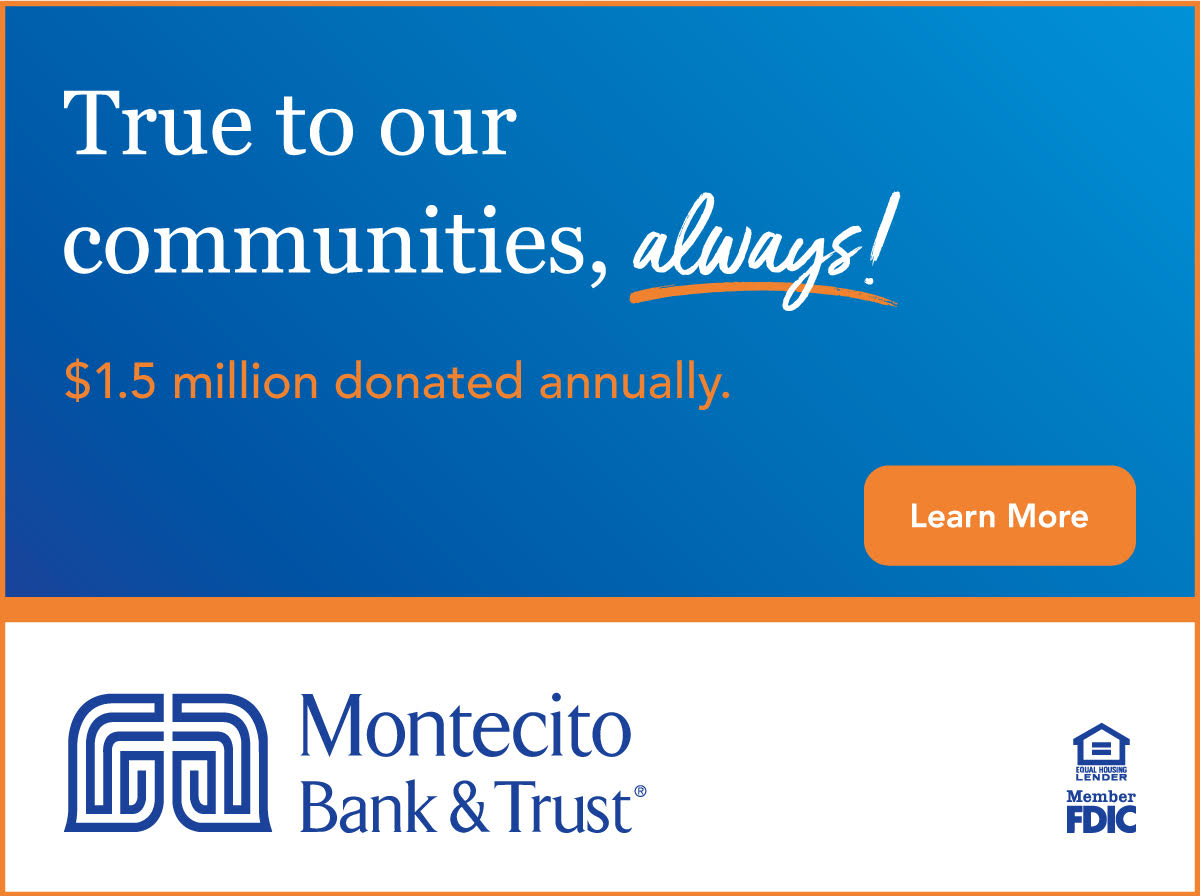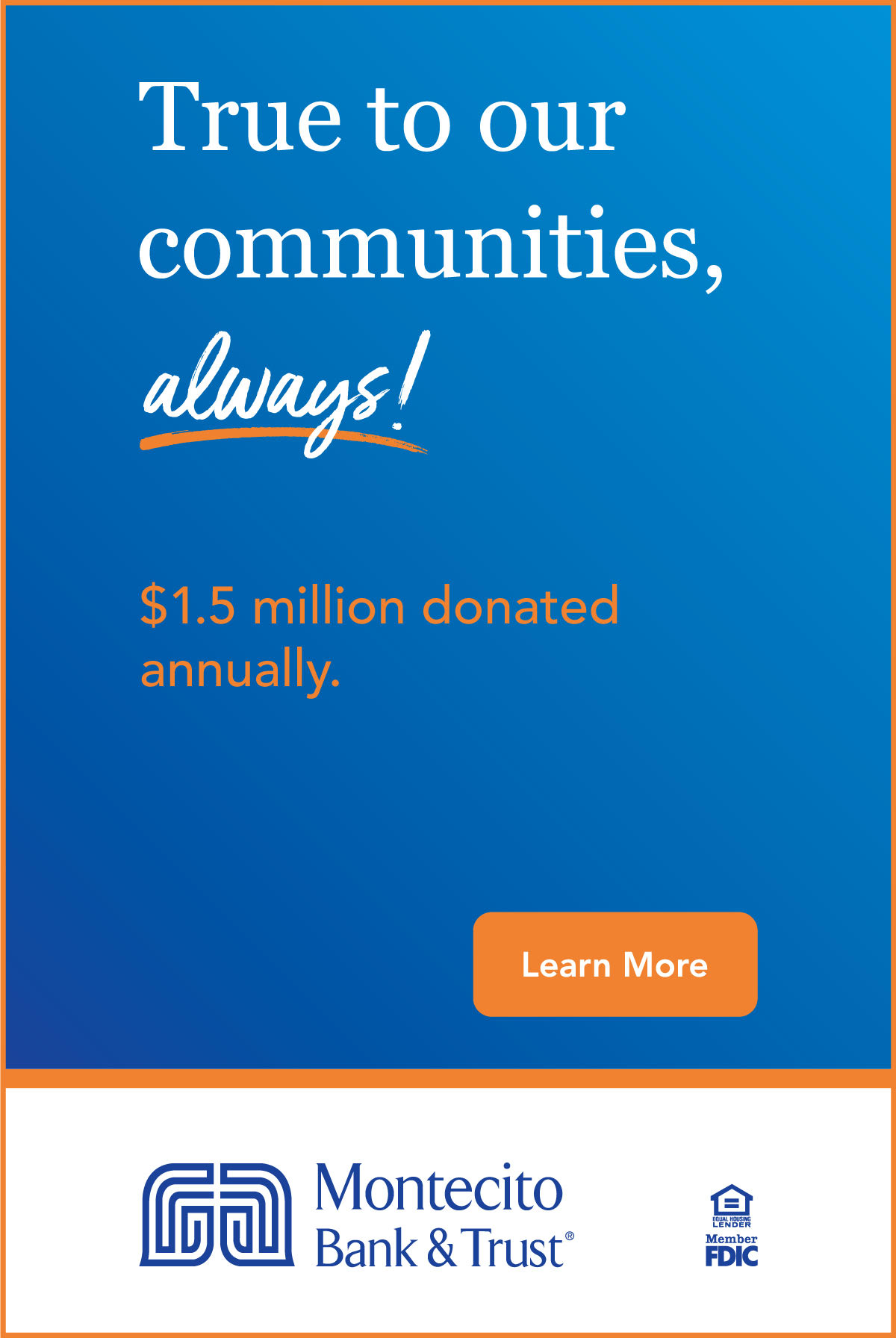Meeting Our Homeless Brothers and Sisters Where They Are: The Fr. Virgil Cordano Center
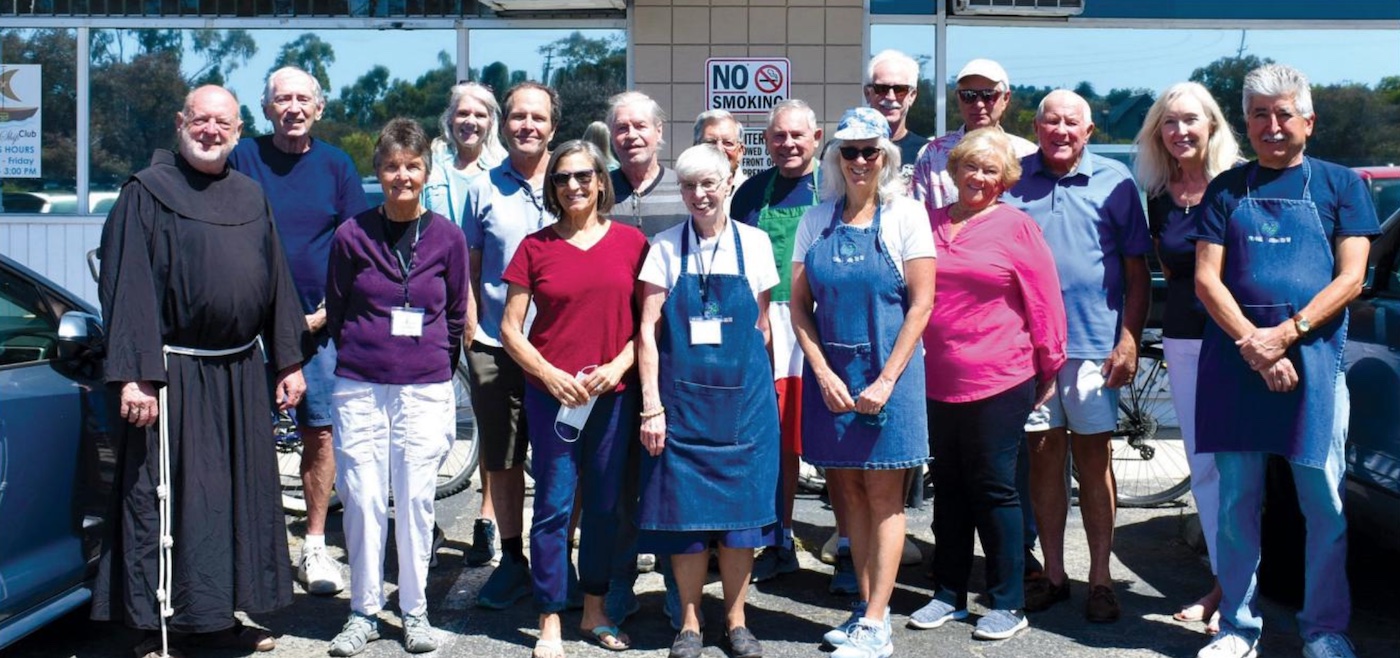
Anthony, an African-American man in his early 60s, began visiting the Fr. Virgil Cordano Center (FVCC) more than a year ago. As a young man, he had had all of the trappings of success; he was married, had children, and a career working in a bank. But then he fell victim to alcohol and drug addiction, losing everything and becoming homeless.
When he began visiting the FVCC, Anthony was eager to work and do anything to help rebuild his dignity and self esteem. He began cleaning up around the Center. He was determined to rebuild his life and was searching for a hand up and not a handout. Debbie McQuade, Program Director of the FVCC, helped him find a job working in a firm that cleans offices and banks at night. The FVCC provided fresh and nutritious meals to strengthen his body and, most importantly, he found a sense of community that restored his dignity and provided encouragement to begin rebuilding his life.
Anthony’s story is far from unique. In the last few months alone, 35 members of the Fr. Virgil Cordano Center, who visited the Center to have meals or receive support, secured stable employment. For some of these men and women, the FVCC has been the only place they could call home.
A Tradition of Caring Through Compassion and Acceptance
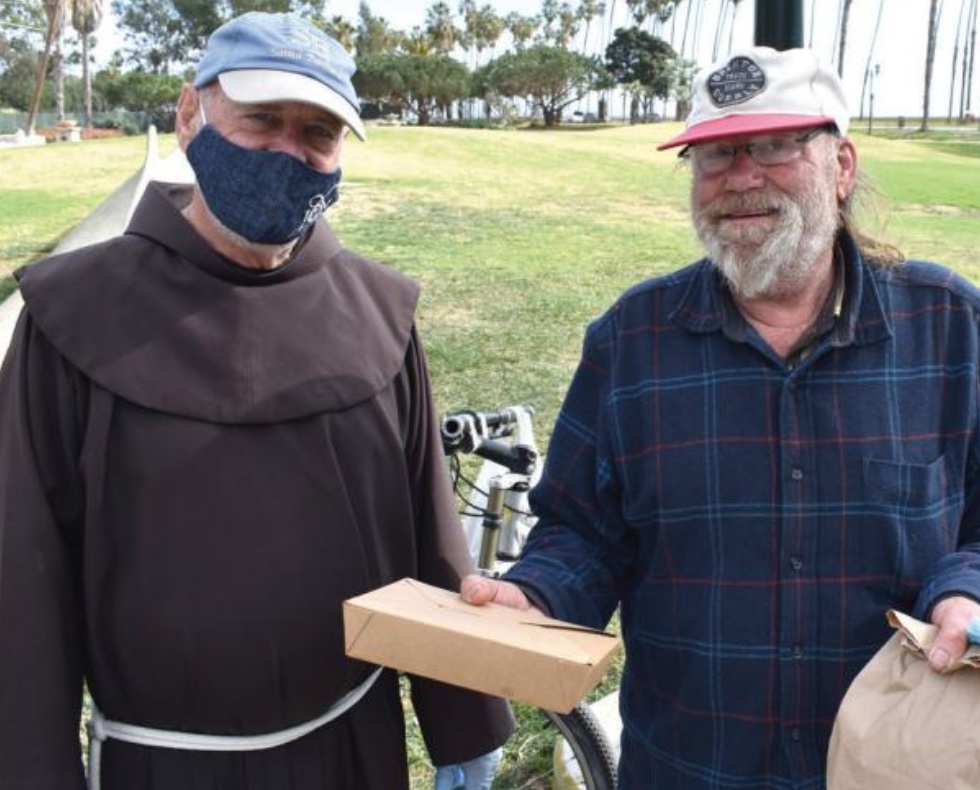
Named after Father Virgil Cordano, the beloved longtime pastor of Old Mission Santa Barbara who passed away in 2008, the FVCC is the only drop-in Homeless Day Center in the Santa Barbara area that offers services addressing the physical and community needs of homeless men and women during the day. While services exist in the Santa Barbara area offering shelter at night, many unsheltered people do not have a safe place to rest during the day other than public areas where they are often made to feel unwelcome. The Center includes 34 comfortable chairs where members of Santa Barbara’s homeless community can rest during the day. The FVCC is open Monday through Friday 9 am-3 pm and offers nutritional meals; case management and support in accessing eligible social services and work/housing opportunities; access to utilities such as a kitchen, laundry machines, computers, and the internet; and a safe place to rest, socialize, and experience a sense of community. In short, the FVCC provides a place of welcome and support for the needs and well-being of homeless men and women.
The Fr. Virgil Cordano Center first opened its doors in 2019 and is a collaborative social services ministry of the two oldest Roman Catholic communities in Santa Barbara: the Franciscan Friars of Old Mission Santa Barbara, who arrived in 1786, and the Daughters of Charity of St. Vincent de Paul, who arrived in 1858 and are currently located at St. Vincent’s. Faithful to the traditions of St. Francis of Assisi and St. Vincent de Paul, both of whom modeled a simple lifestyle in service of the poor. The FVCC is just the latest in a long collaboration between the Friars and the Daughters of Charity, which began more than 160 years ago, and aims to alleviate the harsh conditions of homelessness, restore a sense of dignity and community to the most vulnerable and marginalized of our community, and provide needed support to help our unsheltered sisters and brothers transition out of homelessness.
The Center’s co-founder, Father John Hardin, a Franciscan Friar, says the FVCC fulfills a need for those without homes in a county whose social service network is not able to meet the ever-increasing demands of its citizens. Father John estimates that there are approximately 2,000 people without homes in Santa Barbara. The FVCC currently serves 50 to 70 “guests” each day, as Father John and FVCC staff and volunteers call them, refusing to treat them as merely clients but guests, each with their own story and in need of a safe place to feel welcome and rest. The FVCC also attempts to provide things that those who have never experienced homelessness may take for granted, such as ear plugs to block out the noise of the streets when sleeping outside, sleeping bags for warmth, and new socks to replace those worn through by miles of walking each day. To help restore a sense of dignity, the FVCC has made arrangements with a local laundromat to wash their bulky clothing. To foster a sense of community and as a fun break from daily struggles, the FVCC staff facilitate a wide range of activities at the Center, including painting, the creation of ornaments to adorn the Center’s Christmas tree, and writing of Christmas and seasonal holiday greeting cards to communicate with family.
During the COVID-19 pandemic, when the FVCC had to temporarily close the Center’s doors to comply with the CDC Health Guidelines, the Center continued to be of service to Santa Barbara’s homeless community by converting its building into a meal distribution center where meals were cooked and assembled to be handed out in Santa Barbara’s parks. More than 500 meals were assembled and distributed each week along with other essentials, such as sleeping bags and hygiene kits to help the homeless community cope with inclement weather during a period of reduced shelter capacity.
The FVCC also provides critical lifelines of communication to help guests reconnect with family and friends, as well as apply for eligible social services and employment and housing opportunities. The guests are encouraged to use the Center’s mailing address to obtain government documents and to be able to send and receive mail from family and friends. Having assistance in contacting family is often essential for disabled guests, who may have difficulty using traditional methods of communication such as a telephone. For example, James, who is deaf, had difficulty reaching his family as he only had a telephone number. With the assistance of the FVCC staff members, who could relay messages written down by James over the phone, he was able to reconnect with his family and let them know where he was and that he was okay.
Companionship and Community
Fostering community and a sense of belonging is key to the success of the Fr. Virgil Cordano Center. Guests are asked to become members of the Center’s “Companionship Club,” which includes all staff and volunteers as members, to create a community without labels in a service work that can so often divide those who serve from those being served. Some of those without homes are often so alienated and marginalized that it may be a very long time before they hear their name spoken by another person or are acknowledged directly as a person with a story and dreams. For Father John and the Daughters of Charity who work at the FVCC, service and companionship begin with unconditional love. Many of those living on the streets feel abandoned by society, so just to have a safe place where people know and greet you by your name and who are interested in hearing what you have to say can be the difference between hope and despair. Sister Arthur Gordon, who assumed the role of the Center Supervisor three years ago, explains that the Companionship Club may be the first time that guests feel like they are a member of something. Building a community based on mutual recognition and respect, and where familiarity can become the basis of a support network to build a new future, is the primary goal of the “Companionship Club.”
Meeting Them Where They Are
The FVCC has a small staff of just two employees. Program Director Debbie McQuade came to the Fr. Virgil Cordano Center after working for 25 years at Sarah House, a nonprofit that provides end-of-life care for low-income persons. Her days are spent preparing meals, organizing staff and volunteers, and addressing the other needs of the Center, including greeting and listening to guests who visit the Center each day. Many who regularly visit the Center call her “Sister Debbie,” even though she is not a member of the Daughters of Charity or any other religious order. The heart of the Center is its approximately 35 dedicated volunteers who spend many hours preparing and serving food, assisting with laundry, cleaning, and among many other things, engaging the guests in a simple conversation that seamlessly fosters a spirit of community every day. Indeed, many of the things the guests need are often very simple, modest things, like help with repairing the zipper of a sleeping bag, or a place to wash their clothes or wash their face.
Through these conversations, McQuade knows that the Fr. Virgil Cordano Center could do even more for Santa Barbara’s homeless community with additional support. Your donations can help purchase bus tokens to help guests travel to and from work and the FVCC (which is a 90-minute walk from the nearest homeless shelter). Your donations can also help provide the hundreds of meals served by the Center each week as well as other daily needs such as laundry supplies to help maintain each guest’s dignity and hygiene.
Larger philanthropic contributions can support the Center’s work finding housing for its members and paying rent and utilities. Donations also support the Center’s staffing and housing coordinators and to provide rental housing conjoined with City and County subsidies to guarantee rent. Longterm, the Fr. Virgil Cordano Center seeks to build a new and larger Center with on-site housing for community members who are in transition to more permanent housing.
Fr. Virgil Cordano Center
Donate now!frvirgilcordanocenter.org
805-683-6383
Chief Development Officer: Regina Ruiz
Mission
Faithful to the traditions of St. Francis of Assisi and St. Vincent de Paul, we provide a place of welcome and support for the human and spiritual well-being for our sisters and brothers in need.
Begin to Build a Relationship
We know you care about where your money goes and how it is used. Connect with this organization’s leadership in order to begin to build this important relationship. Your email will be sent directly to this organization’s director of development and/or Executive Director.
Finding a job is all about persistence. At the Fr. Virgil Cordano Center, I got the proper nourishment which was good for my body and made me a lot healthier. And then I got a lot of encouragement from the staff and volunteers, too.
